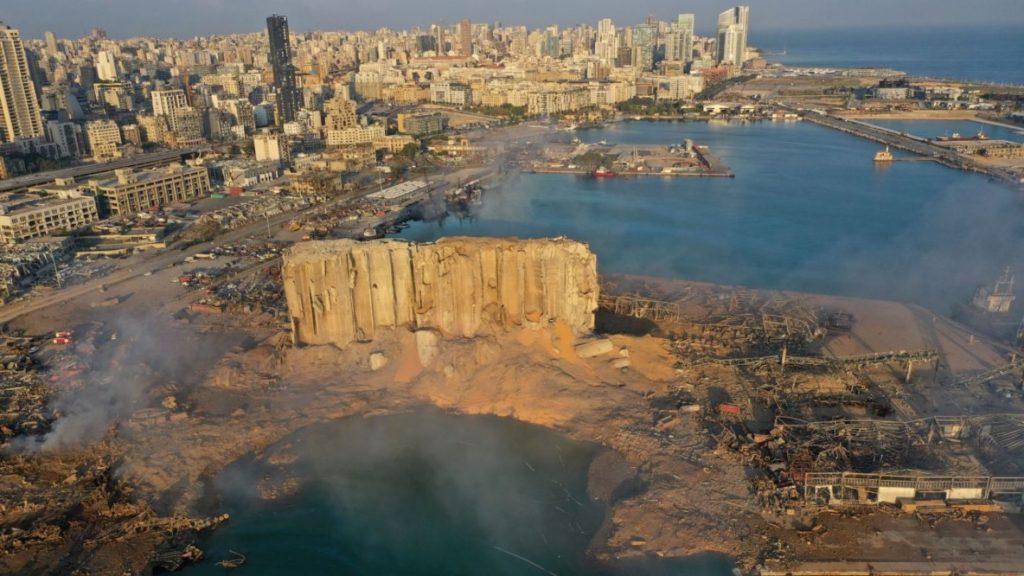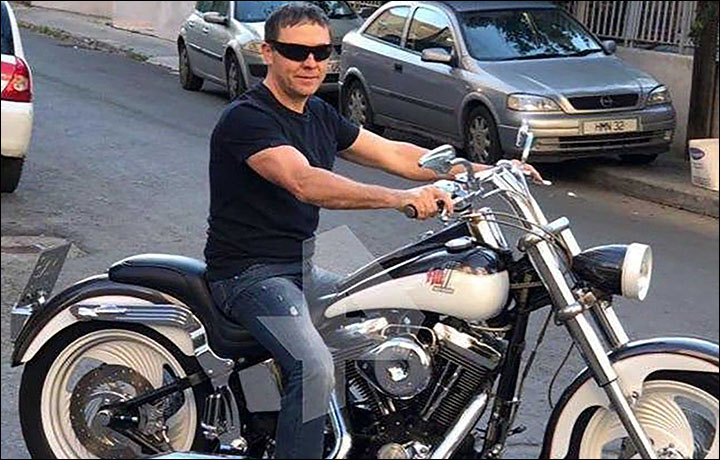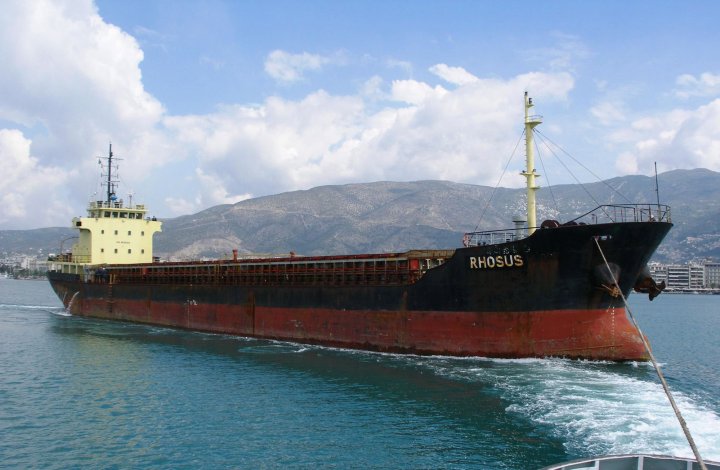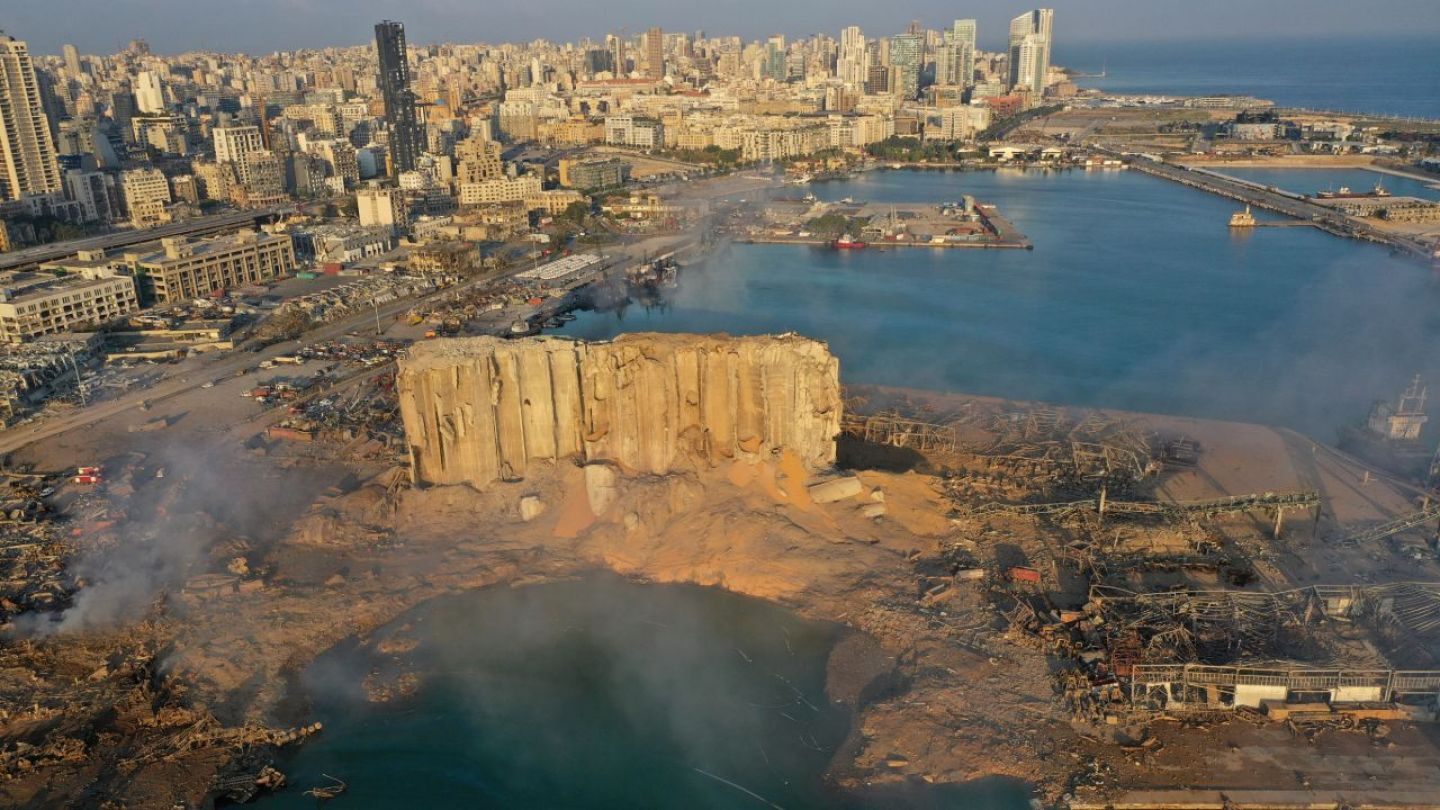Interpol asked to detain captain and owner of ship that carried thousands of tonnes of ammonium nitrate to Beirut seven years ago.
The lead investigator into the August blast at Beirut’s port that killed almost 200 and wounded thousands has issued arrest warrants for the captain and owner of a ship that carried thousands of tonnes of ammonium nitrate to Beirut seven years ago, the state-run National News Agency (NNA) said.

About 2,750 tonnes of ammonium nitrate stored at Beirut’s port exploded on August 4, killing 193, wounding about 6,500, and leaving nearly 300,000 people homeless.
On Thursday, judge Fadi Sawwan referred the case to the state prosecution that asked Interpol to detain the two Russian citizens.

NNA did not give the names of the two men but Boris Prokoshev was the captain who sailed the MV Rhosus from Turkey to Beirut in 2013. Igor Grechushkin, a Russian businessman residing in the Mediterranean island of Cyprus, bought the cargo ship in 2012 from Cypriot businessman Charalambos Manoli.

Grechushkin was questioned by police at the request of Interpol’s Lebanon office in August.

More than two dozen people, most of them port and customs officials, have been detained since the blast which is considered to be one of the biggest non-nuclear explosions ever recorded.
The ammonium nitrate arrived in Lebanon in September 2013, on board a Russian-owned cargo vessel flying a Moldovan Flag. The Rhosus, according to information from the ship-tracking site, Fleetmon, was heading from Georgia to Mozambique.
The cargo was then offloaded and placed in Hangar 12 of Beirut port, a large grey structure facing the country’s main north-south highway at the main entrance to the capital.
The ammonium nitrate remained at the warehouse until it exploded. The Rhosus never left the port and sank there in February 2018, according to Lebanese official documents.
The blast further rattled a nation grappling with its worst crisis since the 1975-1990 civil war.
The economy is collapsing after decades of state waste, corruption and mounting debt. Banks have frozen people out of their savings and the currency has crashed.
Meanwhile, Lebanon is also struggling to deal with the spread of the novel coronavirus.
Schools have not yet reopened after a spike in cases, which have risen in the wake of the explosion to more than 35,000 infections including at least 340 deaths since February 9
Al Jazeera


Leave a Reply
You must be logged in to post a comment.